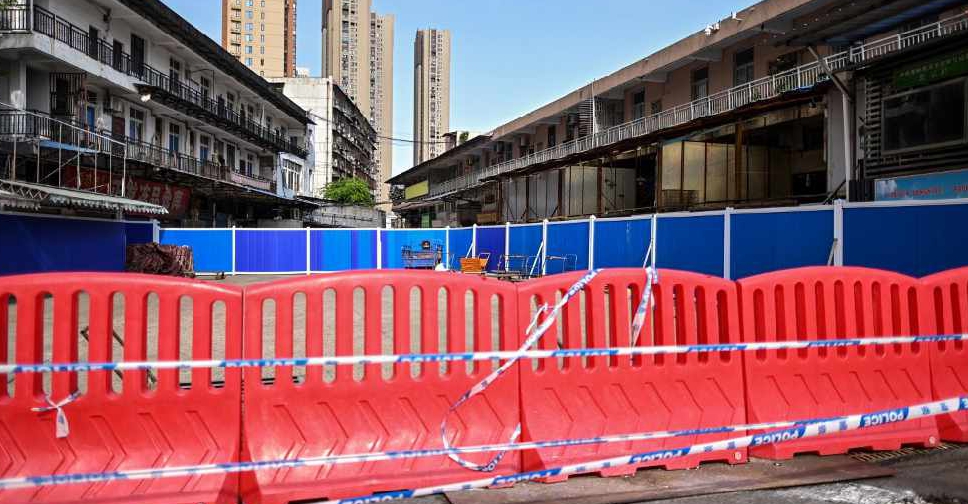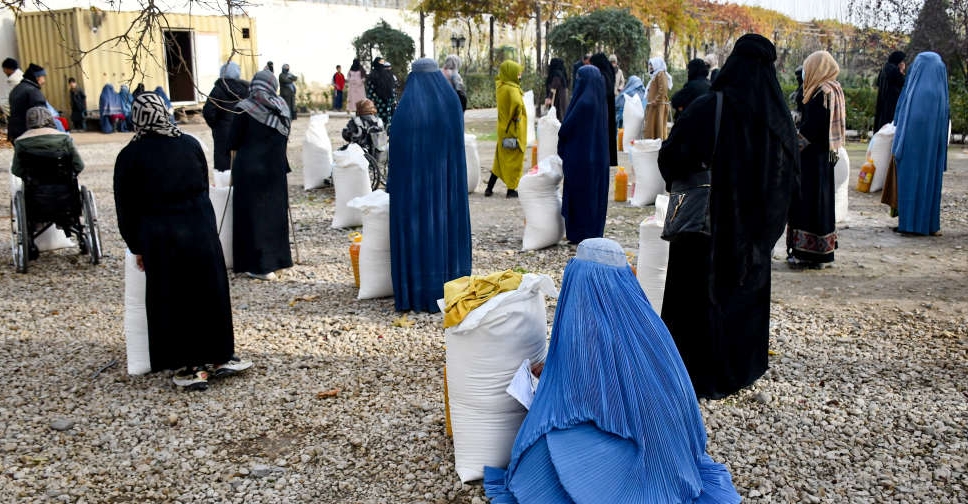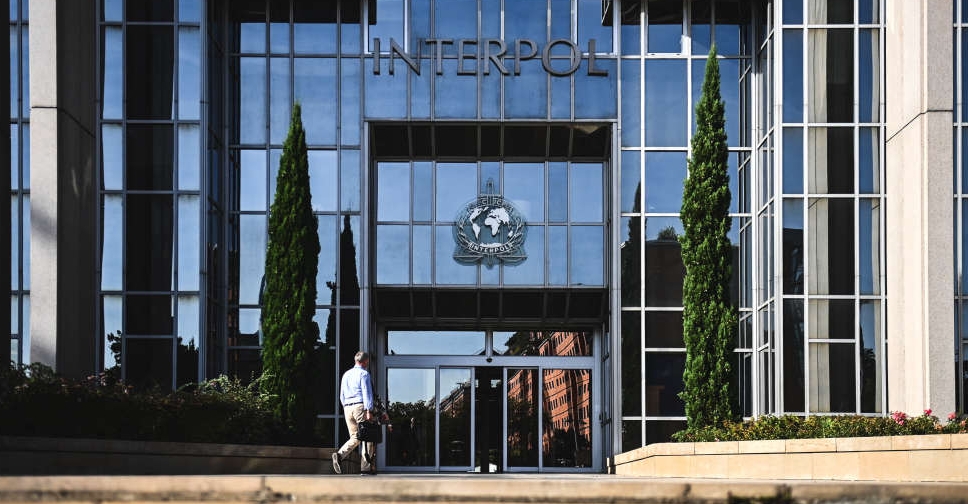
For over six years, 38-year-old Wuhan restaurant owner Lai Yun started most days the same way - with a trip to the Huanan Seafood Wholesale Market, just ten minutes walk from his house.
"I'd send the kids to school, have breakfast and then walk over to the market. It was very convenient," he said.
That changed on December 31, 2019, after four cases of a mystery pneumonia were linked to the market and it was shuttered overnight. By the end of the month, the city had begun a gruelling 76-day lockdown that came with just hours notice and barred people from leaving their homes.
Almost a year since the outbreak began, COVID-19 has claimed more than 1.5 million lives, and the Wuhan wet market where it was initially detected stands empty even as the city around it has come back to life.
It's become a symbol of the fierce political and scientific battle raging around the origin of the virus with Beijing continuing to spar with the United States and other countries, accusing them of bias.
A team of World Health Organisation experts has yet to visit Wuhan, let alone the market. Health authorities in China and abroad have warned that origin tracing efforts could take years and yield inconclusive results.
In Wuhan, where the stigma of being the first coronavirus epicentre hangs heavy, over a dozen residents and business owners told Reuters they don't believe the virus began in the city.
"It certainly couldn't have been Wuhan... surely another person brought it in. Or surely it came from some other product brought from outside. There were just certain conditions for it to appear here," said a wet market vendor in the city's centre who gave his name as Chen.
In recent months, Chinese diplomats and state media have said they believe the market is not the origin but the victim of the disease, and have thrown support behind theories that the virus potentially originated in another country.
Experts say the market still plays a role in the investigation and is therefore unlikely to be demolished, though much of that research will rely on samples taken immediately after the outbreak began.
"The first cluster of cases was there, so at least it would be of interest to find out the origin of those and put forward a few hypotheses, like whether it's more likely from the wild animals or perhaps points to a human superspreader," said Jin Dong-Yan, professor of virology at the University of Hong Kong.
Access to the area remains heavily restricted. People who visited before the lockdown remember a bustling building with hundreds of stalls divided into sections for red meat, seafood and vegetables.
Recently, the local government has added leafy green plants and traditional Chinese paintings to the semi-permanent blue barricades encircling the area. Inside, wooden boards line the stalls and windows.
On the second floor above the empty market, shops selling glasses and optometry equipment reopened in June.
This week, a guard at the entrance to the eyeware market took temperatures and warned journalists not to take videos or photos from inside the building.
"Maybe some people have some bad feelings about it, but now it's just an empty building... who feels anxious about an empty building?" said a shop assistant selling contact lenses, who declined to be named because of the sensitivity of the subject.
While Wuhan hasn't reported any new locally transmitted cases of COVID-19 since May, for some who relied on the market making ends meet is still a struggle.
Lai, who reopened his Japanese restaurant in June, says the market's closure and subsequent public panic about the safety of imported seafood has increased the cost of procuring some ingredients five-fold.
"Our goal for the next year is to just survive."



 DeepSeek hit by cyberattack as users flock to Chinese AI startup
DeepSeek hit by cyberattack as users flock to Chinese AI startup
 India, China to resume direct air travel after nearly five years
India, China to resume direct air travel after nearly five years
 WFP says aid cuts to Afghanistan leave millions hungry
WFP says aid cuts to Afghanistan leave millions hungry
 37 terrorists arrested in East Africa, Interpol says
37 terrorists arrested in East Africa, Interpol says
 Gaza residents start to return north as crossings open
Gaza residents start to return north as crossings open







